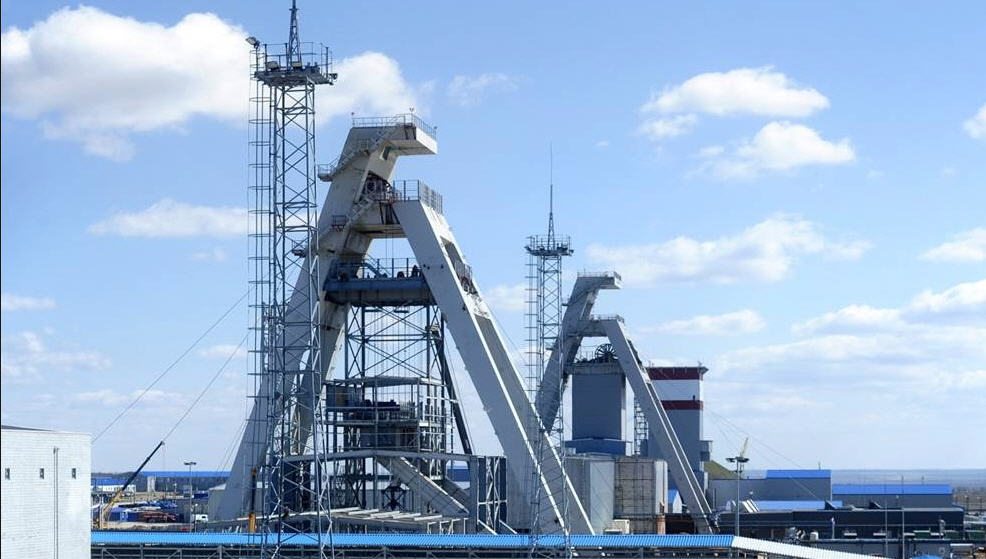
(Bloomberg) — China’s dilemma of how to feed its booming population will partially be answered by fancier fertilizers, according to one of the world’s richest billionaires.
EuroChem Group AG, owned by Russian commodities tycoon Andrey Melnichenko, is spending over $6 billion on two mines to produce potash, a reddish mineral found deep in the Earth that’s prized for its ability as a soil fertilizer.
The company is counting on Asian farmers buying more sophisticated crop nutrients aimed at soil deficiencies or different crops, rather than saturating the ground with a blanket of chemicals. China’s farmers have long relied on heavy doses of state-subsidized fertilizer to boost yields, but that’s left fields contaminated.
“We forecast an explosive growth in demand for premium fertilizers in China,” Dmitry Strezhnev, EuroChem’s chief executive officer, said in an interview from Moscow.
Still, it’s a tough time to be a potash miner. Prices are near a decade-low and the market is mired in a glut. Companies including Potash Corp. of Saskatchewan Inc. have shuttered operations in the U.S. and Canada. The global surplus could be as much as 10 million metric tons in 2018, according to Green Markets data.
“Even though the market is in oversupply, companies invested in these projects years ago, so they have to start,” Elena Sakhnova, an analyst at VTB Capital, said by phone. “This is the major threat for the market.”
EuroChem won a license for the Usolskiy mine, located in the Perm region of western Russia, about a decade ago, when potash was reaching $1,000 a ton. Since then the market has collapsed, and prices are now about $225. Usolskiy has recently started production.
The second site, VolgaKaliy, is about 190 kilometers (118 miles) from Volgograd and will begin next year, focusing on shipping potash to Europe and the Americas. It will be one of the lowest-cost potash mines in the world, as well as having the highest ore grades, according to Clark Bailey, the company’s director of mining.
The company is betting it can succeed where others failed because output costs in Russia are far lower than competitors. VolgaKlaliy is located near to the Black Sea, which reduces the shipping costs, Bailey said in an interview with Bloomberg Television. Overall costs in Russia are also much lower than Canada or Europe, he said.
In 2018, total production of both mines will be about 600,000 tons, the company estimates. In seven years, it aims to produce 8.3 million tons of potash a year, equal to about 13 percent of current global consumption.
“Global demand for potash grows by 1 million tons per year, while there are not so many large new projects like ours are coming online,” Strezhnev said. “Given the gradual ramp up of our mines, we will, in fact, just meet the growing demand.”
Potash producers usually sell the commodity in China and India through annual supply agreements with importers, who than resell the fertilizer to farmers. EuroChem aims to cut out the middleman and work with local Asian companies to turn potash into more advanced fertilizer formulas.
Ultimately, EuroChem aims to expand in premium crop nutrient products, with the business accounting for 30 percent of future sales, compared with 20 percent currently.
“EuroChem’s strategy looks justified,” Konstantin Yuminov, analyst at Raiffeisenbank in Moscow said by phone. “China is focusing on more eco-friendly fertilizers and developing production, so demand for premium fertilizers will rise.”
(Story by Yuliya Fedorinova with assistance by Guy Johnson and Matthew Miller).